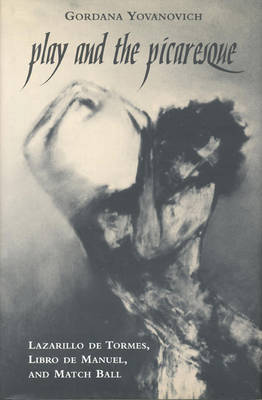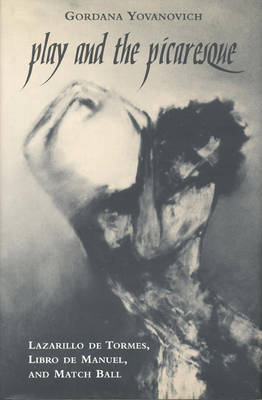
- Retrait gratuit dans votre magasin Club
- 7.000.000 titres dans notre catalogue
- Payer en toute sécurité
- Toujours un magasin près de chez vous
- Retrait gratuit dans votre magasin Club
- 7.000.000 titres dans notre catalogue
- Payer en toute sécurité
- Toujours un magasin près de chez vous
Description
This study takes a fresh look at the picaresque genre as seen in three important contemporary Latin American novels, Cortázar's Libro de Manuel, Skármeta's Match Ball, and the first picaresque novel, Lazarillo de Tormes. Gordana Yovanovich considers the genre in relation to the concept of play and shows how the traditional picaresque genre has been replaced by a distinctly modern version.
Play and the Picaresque contends that within Latin American culture humour and play serve as forms of empowerment and means of survival for those who are marginalized in society. Like the pícaros of sixteenth-century Spanish novels, the proletarian characters in the Latin American fiction known as Magical Realism embody a playful and spontaneous approach to life and literature. The relationship of the magical to the real in Latin American fiction is, the book argues, comparable to the 'let's pretend' world and toys in play. The act of playing and living in these novels is a re-creative experience - a concept which has not been adequately explored in contemporary criticism.
Spécifications
Parties prenantes
- Auteur(s) :
- Editeur:
Contenu
- Nombre de pages :
- 192
- Langue:
- Anglais
- Collection :
Caractéristiques
- EAN:
- 9780802047045
- Date de parution :
- 25-12-99
- Format:
- Livre relié
- Format numérique:
- Genaaid
- Dimensions :
- 159 mm x 237 mm
- Poids :
- 399 g







